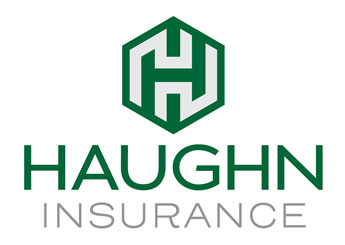
Litigation risk is a fact of life for every business in the United States. When an organization adopts a corporate structure, officers and board members can become defendants in a lawsuit. The expense of mounting a legal defense makes directors and officers liability coverage a practical necessity for every corporate insurance package. D&O insurance covers defense, litigation and settlement expenses when directors acting in good faith face lawsuits. With these stakes, understanding the range of this coverage is essential.
When Are Directors of a Corporation Liable?
By no means is D&O insurance a get-out-of-jail-free card for a director. To retain protection, board members must obey all federal, state and local laws. Furthermore, these members must abide by the corporation’s bylaws. Finally, there is a fiduciary responsibility. Taken from the Latin word for truth, fiduciary duties boil down to an obligation to maintain constant awareness of the corporation’s actions.
When a person or group believes that a board member falls short of meeting these responsibilities, a lawsuit may follow. Prevalent sources of legal actions include:
- Shareholders: Board members are the elected representatives of a corporation’s owners, the shareholders. In a corporate structure, the board’s duty involves hiring and supervising senior management. If a substantial number of shareholders perceive inattentiveness to this duty, a lawsuit is likely.
- Employees: Employment law evolves with legislation and court rulings, creating a minefield for corporations. With their supervisory role over senior management, directors are a prime target when a corporation’s employees assert unfair treatment.
- Creditors: A board’s supervisory responsibility extends to the corporation’s financial obligations. A breach of a credit agreement or other financial control shortcomings invite a lawsuit against directors.
Can a Corporation Sue Its Director?
Aside from employees, shareholders and outside parties, can a corporation itself sue an active director? While extraordinarily rare, the answer is “Yes.” In 2017, Sitnasuak Native Corporation filed suit against three sitting board members. The Alaska-based corporation alleged that the board members violated their fiduciary duties by distributing an anonymous proxy solicitation to shareholders. A pretrial settlement resolved the matter with mediation from a retired Alaska Supreme Court chief justice.
In practice, corporate bylaws make the Sitnasuak situation a legal outlier. When accusations of fiduciary breaches arise, a board will typically investigate the director’s conduct. This process leads to one of three outcomes:
- Exoneration: The director in question stays on and retains protection under the D&O policy.
- Negotiated Resignation: A negotiated agreement precludes a lawsuit from the corporation but leaves the former director open to lawsuits from shareholder groups and other affected parties.
- Expulsion:Once removed by a board vote per the organization’s bylaws, a former director is vulnerable to legal action from the corporation, shareholder groups and other parties.
The majority of corporate directors take their duties seriously. Well-structured D&O insurance coverage aids the retention and recruitment of top talent.
About Haughn & Associates
Founded by Michael Haughn in 1986, Haughn & Associates is a full-service, family-owned, independent insurance agency based out of Dublin, Ohio. H&A strives to provide the best possible price and unique insurance solutions across a myriad of industries, including construction, IT, Habitation & Commercial Property, Agriculture, and Engineering. Devoted to providing the best of business insurance, life and disability insurance, personal insurance, employee benefits, and bonds, H&A is proof that success lies in long-standing client relations and satisfaction. To learn more about how H&A can be of service to you, contact us at (877) 802-2278.

